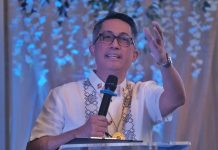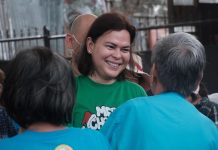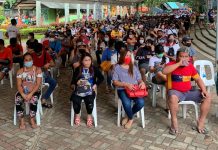As part of the proposal amending the local revenue code of the city, the City Assessor’s Office has proposed an increase of 60 to 70 per cent in the selling price of lands in Davao.
Engr. Jaime Adalin, Officer-in-charge of the City Assessor’s Office said that the increase was based on the gathered deeds of sale from the Registry of Deeds.
“The market value of lands according to the existing revenue code is not reflective of the current market value so we proposed for the amendments,” he told reporters on Thursday.
With the increase of the market value, the city assessor’s office have also proposed for the change of assessment value of residential, commercial, agricultural and industrial lands. For the residential, from 10 per cent, he proposed 5 per cent; for the commercial, from 25 to 12 per cent; for the agricultural, from 15 to 7 per cent; and for the industrial, from 25 to 33 per cent.
“The increase of market value cannot be fixed by class kasi base ito sa mga deed of sale from ROD. Market value might increase to 200-300% but its assessment level will caution the impact of increase in which the Sangguniang Panlunsod has the authority to fix it after public and committee hearings.”
Adalin have also proposed the tax scheme for real property could be staggered, as allowed by the Department of Finance, so that it would not be hard for the taxpayers to cope.
“Yung tax scheme is a method kung papaano na hindi gaanong mabigat ang imposition. Actually yung tax scheme is one of the new system adopted by the DOF para pwedeng installment ang pag impose or pag collect. Base sa rules and regulations, hindi pwedeng every year mag adjust ng market value so yung ma derive na assess value, ang basic SEF tax ay iko-compute and i-kolekta so somehow hindi siya ganoon ka-bigat sa taxpayers.”
On April, Councilor Danilo Dayanghirang, chairman of the Committee of Finance, Ways and Means and Appropriation has proposed a 20% increase in the Revenue Code tax rates on the ground that the revenue code has not been amended since it underwent revision in 2005.
The committee has held its first public hearing last May 12 before the members of the Davao City Chamber of Commerce. Tentatively, they are set to conduct their next public consultations on May 24, 25 and 26.






